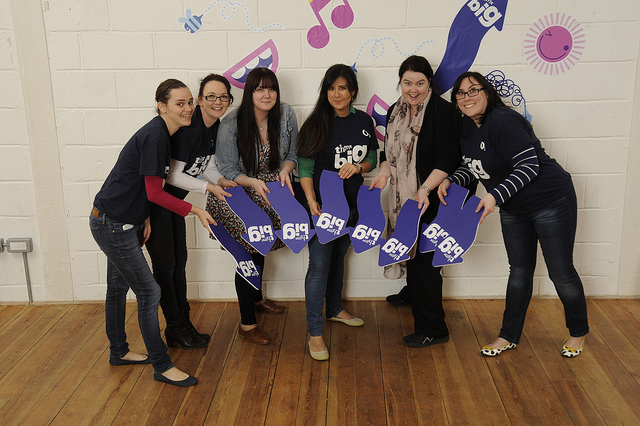By Kiran Kishore (@kirankishore21), Telefónica marketing graduate, O2 Germany
13 August 2014: Due to the abundance of content online, length has become a key factor. “5:32? Never mind.” Ignoring the fact that I’ve just spent the last 20 minutes browsing Facebook, I cannot fathom giving over five minutes of my time to watch a video where I “won’t believe what happens next”. Since you’ve already posted that I won’t believe it, why bother?
Due to increased demands on our time and the myriad of content we are exposed to, it has become increasingly difficult to type, or even say, words that go beyond a given length.
Companies have already capitalised on our short attention spans, offering us easier and shorter ways to communicate with each other. We have been taught that snapping a picture is more efficient than a thousand words, and that spreading a message requires no more than a simple click on the Retweet button. Considering all this, it was only a matter of time before somebody took the next step to limit our communication to just one word. Enter Yo.
For most people, Yo is something that evokes memories of West Philadelphia, born and raised. For Or Arbel, it is a venture that has already raised $1 million in venture capital and boasts over 50,000 users.

Yo has one of the simplest interfaces I have ever seen. The app icon is purple with no text, and there are only a handful of functions. The idea behind the app is that anything you may want to communicate can be said with this particular word. Depending on the context, it can mean just about anything – a concept that is eerily similar to the Indian head wiggle. Instead of asking friends if they’re awake or typing out the tedious sentence “Thinking of you”, a simple tap can transmit any and all of these messages.
“Yo.”
With apps such as these, companies have learned to jump on the bandwagon sooner rather than later, in order to find new ways to speak to their customers. We are hard-pressed to find a brand without a Facebook, Twitter, Instagram and even Pinterest account. With Yo, the conversations could be even more effective. Want to inform your customers about a new blog post? “Yo.” Share a new product launch? “Yo.” A new shop opening? “Yo.” Discounts and deals? “Yo, yo, yo.” (That last bit is a stretch. The app doesn’t actually allow you to expand upon the two-character limit).
Yo is yet another form of communication that needs to be truly understood. It could be the next Snapchat. But it could also be the next Facebook Poke App. Depending on how fast the mass market uptake is, it could be a way of cutting through the digital noise and keeping things simple. But when your conversation is limited to one word, it can also be difficult to express yourself. It’s oddly reminiscent of learning a new language, albeit one where there is no opportunity for improvement.
Has the world gone mad? Perhaps. But when you think about politicians holding up hashtags, self-destructing videos and the quantified self, it is likely that Yo is just another piece of the puzzle that is human interaction.



![[Guest Post] Only 3% of tech startups are founded by women. It’s about time that changed.](https://en.blogthinkbig.com/wp-content/uploads/sites/5/2014/08/shutterstock_186616028-startups-smes.jpg?resize=p%2Co)





